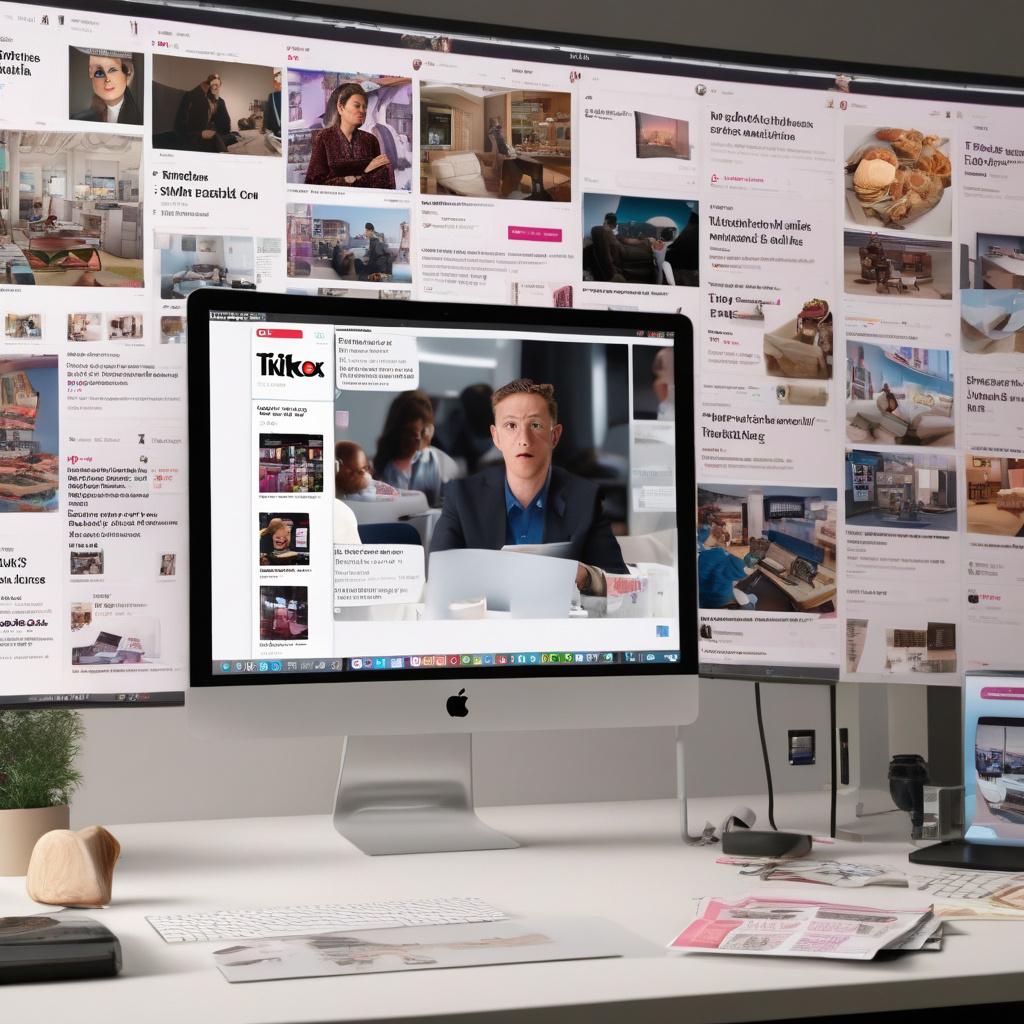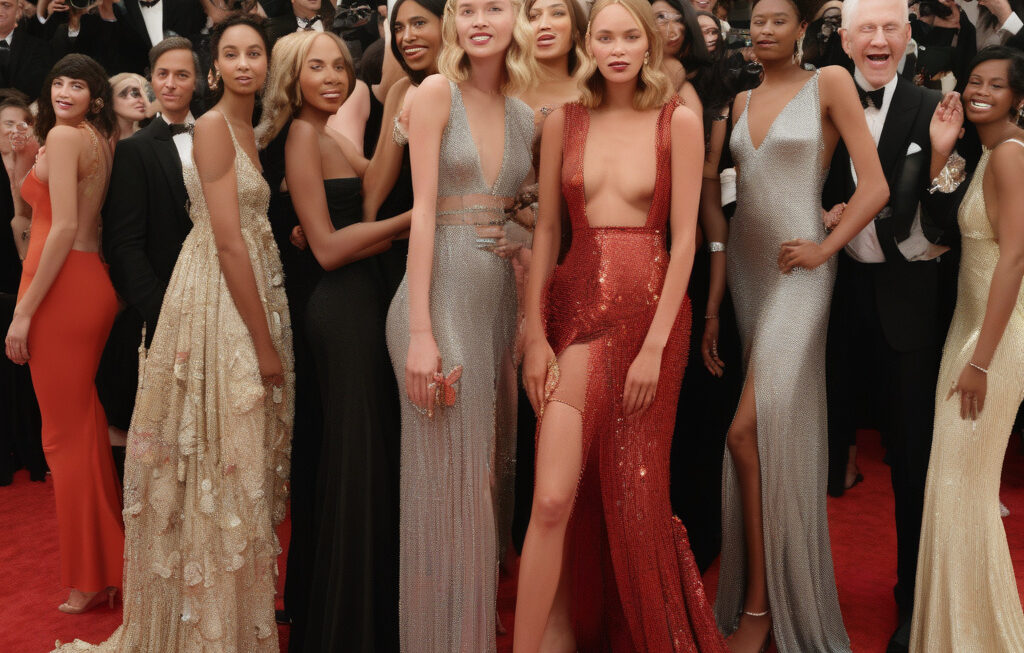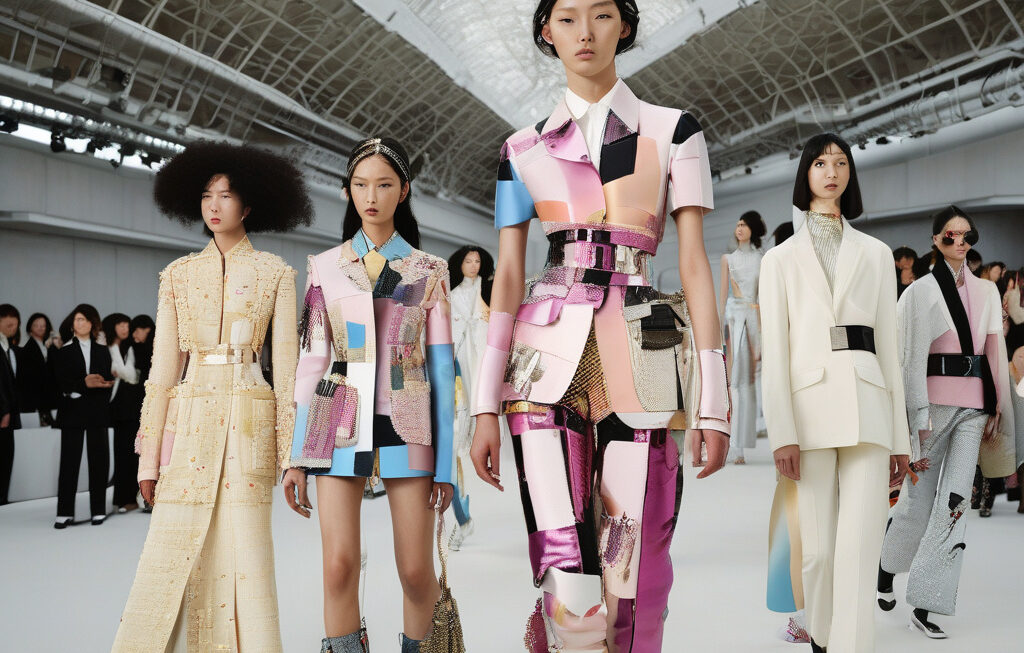The Debrief | TikTok, Tariffs and Luxury’s Fake News Problem
In the age of social media, misinformation can spread like wildfire, shaping consumer perceptions and challenging established norms. Recently, a wave of TikTok videos has fueled a concerning narrative: that luxury bags and their counterfeits are made in the same factories. This revelation has stirred up discussions about consumer trust, supply chain transparency, and the repercussions of brand mythology in the luxury sector.
Sarah Kent, a reputable voice in the fashion industry, recently addressed this topic on The Debrief. Kent’s insights shed light on the implications of such claims and the broader issues at play. The notion that authentic luxury items and their counterfeit counterparts share manufacturing facilities strikes at the core of consumer trust. For years, luxury brands have meticulously crafted an image of exclusivity, superior quality, and ethical production processes. However, the viral TikTok videos challenge this carefully constructed narrative, leaving consumers questioning the authenticity of the products they purchase.
Moreover, the controversy surrounding the alleged shared production sites raises concerns about supply chain secrecy within the luxury industry. Luxury brands have long been known for their guarded approach to supply chain management, often shrouding their processes in secrecy to maintain an air of mystique. However, as consumers demand greater transparency and ethical accountability from brands, this veil of secrecy is being lifted. The TikTok videos serve as a wake-up call for luxury houses to reevaluate their supply chain practices and consider the impact of transparency on consumer trust.
Beyond supply chain transparency, the TikTok revelations point to a growing backlash against brand mythology in the luxury sector. Luxury brands have thrived on storytelling, creating elaborate narratives around their heritage, craftsmanship, and exclusivity. These myths have played a crucial role in shaping consumer perceptions and driving brand loyalty. However, in an era of heightened scrutiny and digital empowerment, consumers are increasingly questioning these narratives and seeking authenticity above all else.
The spread of misinformation on TikTok underscores the power and pitfalls of social media in shaping consumer perceptions. While social platforms offer a space for creativity, expression, and community building, they also provide a breeding ground for rumors, fake news, and misinformation. As seen in the case of the luxury bag controversy, a single viral video can have far-reaching implications, challenging established norms and prompting industry-wide discussions.
In conclusion, the TikTok videos alleging shared manufacturing sites between luxury bags and counterfeits serve as a cautionary tale for the luxury industry. Brands must reassess their approach to supply chain transparency, consumer trust, and brand mythology in a digital age where misinformation can spread rapidly. By addressing these challenges head-on and prioritizing authenticity and accountability, luxury brands can navigate the evolving landscape of consumer expectations and emerge stronger and more resilient.
consumer trust, luxury sector, brand mythology, supply chain transparency, TikTok videos











